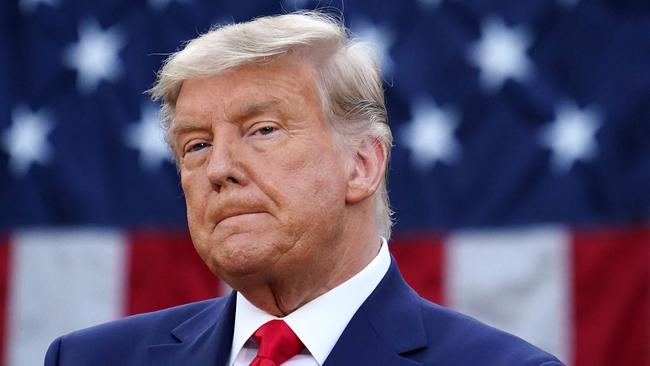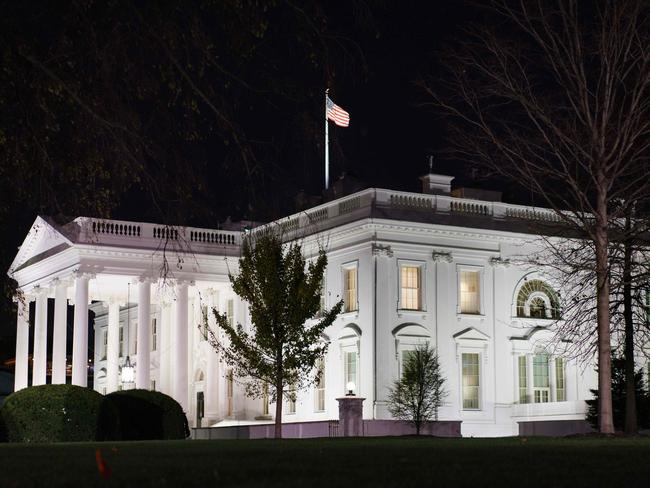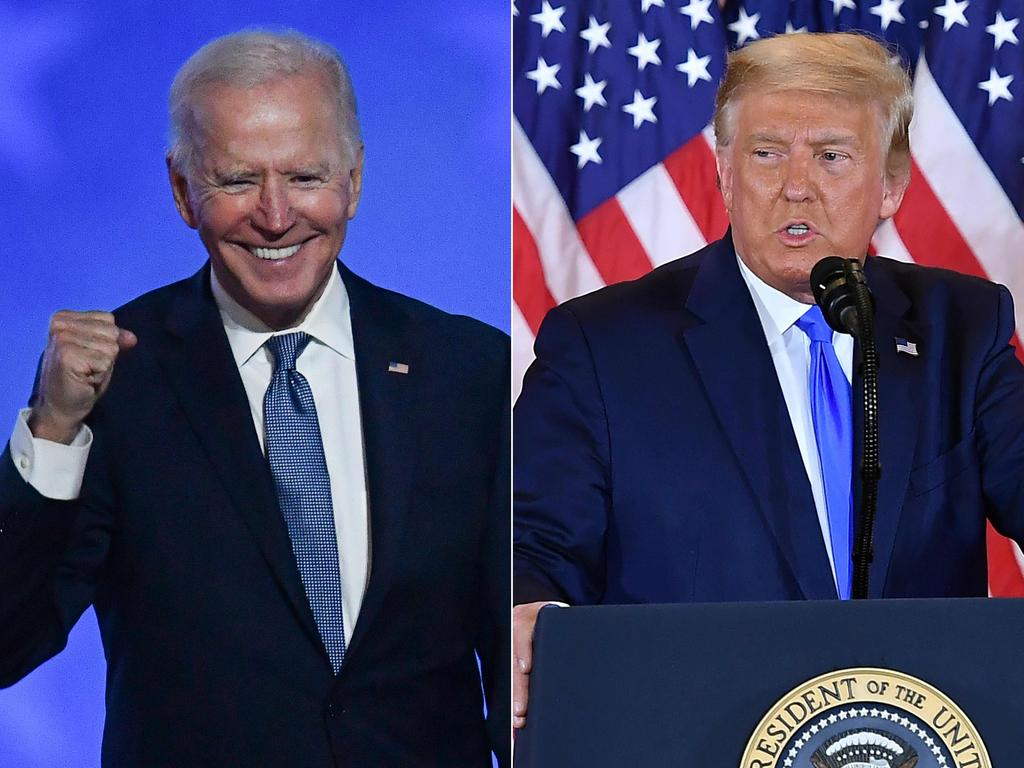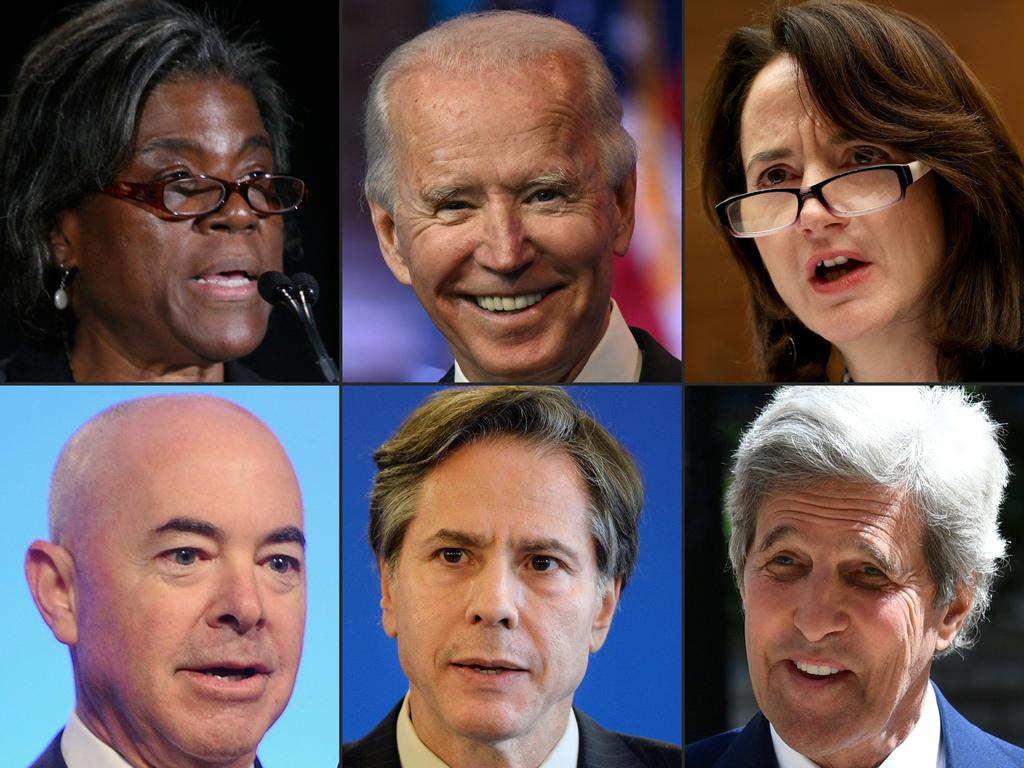For Trump and GOP, risks in post election fight rise

The costs of the continued fight over the 2020 election are rising for both the Republican party broadly, and for Donald Trump personally.
For other Republicans, one of the costs associated with the US President’s continued attempts to overturn the results of the 2020 presidential election is that he is attacking the legitimacy of the very electoral system that brought all of them into office in the first place — and a system that actually has been quite good to Republicans at every level of government.
For Trump, the cost of the fight may turn out to be a more personal one: It is deflecting attention from the accomplishments he could carry forward as a more positive legacy after 2020.
The basic argument of Trump and his allies is that he has been victimised by a system in which corrupt Democrats from one side of the country to the other twisted the election’s outcome to their benefit, as they have been doing for years.

More than that, now-ousted Trump election lawyer Sidney Powell spread the indictment across party lines in recent days, charging that “we have no idea how many Republican or Democratic candidates in any state across the country paid to have the system rigged to work for them”, and asserting that leading Georgia Republicans are part of some kind of illicit scheme.
Those amount to an assault on a system that has been quite good to the GOP. Republicans have actually been the more prosperous of the two parties operating within that system — and, in fact, had a quite successful election this year, something largely obscured by the furore over the presidential outcome.
Republicans won eight of the 13 presidential elections before this year’s campaign. They have been in the majority in the Senate for the past six years, and 16 of the past 26. They have controlled the House of Representatives for 20 of the past 26 years.
And in this year’s now-disputed election, Republicans actually did quite well in most ways. They picked up seats in the House, won a series of closely contested Senate races, and may well retain their control of the Senate after two runoff races in Georgia in January.
At the state level, the results have been even better. Republicans hold 27 of the 50 governor’s seats, after turning the governor’s office in Montana their way. Beyond that, the only two state legislative chambers in the country to switch control this year went to the Republicans in New Hampshire, where they took control of both the house and the senate from the Democrats. All told, in the latest count from the National Conference of State Legislatures, Republicans hold almost 500 more state representatives’ seats across the country than do Democrats, and just over 200 more state senate seats.
In sum, this is not the picture of a party beleaguered by a system rigged to its detriment. If anything, it is the picture of the party that, top to bottom, has been the more dominant across the country in this era.
For Trump, the costs of fighting on could be more personal. Whatever one thinks of the president personally, he has been a president of consequence.
He changed the Republican party in lasting ways in 2016, moving it closer to its new, working-class base and away from its traditional, instinctive free-market trade and economic policies. He has changed America’s approach to China to better reflect the more jaundiced view of Beijing that was taking root in business circles and in both parties.

In two consecutive elections, he activated millions of previously dormant voters. Even in defeat, he won the support of more than 70 million Americans, the second-highest vote total ever recorded for a presidential candidate, behind only president-elect Joe Biden in the same election. Trumpism figures to live on.
Trump could ride those achievements out of office on a high note, and into another campaign in 2024, which seems to be his intent. Yet the risk now is that he will be remembered not so much as a consequential president but as a sore loser.
Trump’s supporters dispute that idea. “The fact is that what I am hearing from people on the ground, as my phone explodes with emails and texts, is the worry he will stop fighting,” says Matt Schlapp, chairman of the American Conservative Union. He has been helping in the Trump campaign’s legal fight in Nevada, where he insists Trump loyalists have found broad voting irregularities in Clark County, the state’s largest. He asks: “Are you a sore loser if you highlight thousands or tens of thousands of illegal ballots?”
Schlapp and others argue that it’s important for Trump to see through his fight over election accuracy, and that he get credit for doing so. Still, there remains no evidence of widespread voter fraud, and numerous court challenges from Trump allies have been dismissed. This appears to be a losing battle, and one that will leave big scars.
The Wall Street Journal






